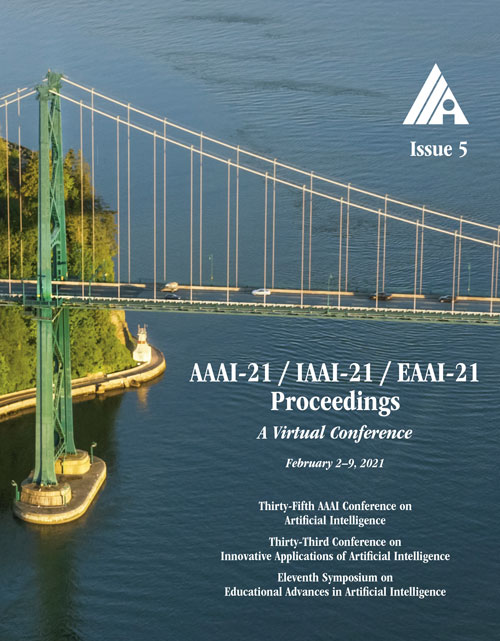Disjunctive Temporal Problems under Structural Restrictions
DOI:
https://doi.org/10.1609/aaai.v35i5.16489Keywords:
Constraint SatisfactionAbstract
The disjunctive temporal problem (DTP) is an expressive temporal formalism that extends Dechter et al.'s simple temporal problem. The DTP is well studied in the literature and has many important applications. It is known that deciding satisfiability of DTPs is NP-hard and that, in many cases, single-exponential algorithms (running in O(c^n) time) do not exist under the Exponential-Time Hypothesis. The computational hardness makes it worthwhile to identify restricted problems that are efficiently solvable. One way of doing this is to restrict the interactions of variables and constraints. We show that instances of DTP of any arity with integers bounded by poly(n) can be solved in n^{f(w)} time, where n denotes the problem size, w is the treewidth of the incidence graph and f is a computable function; in other words, this problem is in the complexity class XP and it can be solved in polynomial time whenever w is fixed. We complement this result by showing that binary DTPs that only involve the integers 0 and 1 are not fixed-parameter tractable with respect to treewidth, i.e. they do not admit a f(w)poly(n)$ time algorithm for any computable function f, under standard complexity assumptions. For instances with unbounded integers, we show that even binary DTPs parameterized by treewidth cannot be in XP, unless P = NP.Downloads
Published
2021-05-18
How to Cite
Dabrowski, K. K., Jonsson, P., Ordyniak, S., & Osipov, G. (2021). Disjunctive Temporal Problems under Structural Restrictions. Proceedings of the AAAI Conference on Artificial Intelligence, 35(5), 3724-3732. https://doi.org/10.1609/aaai.v35i5.16489
Issue
Section
AAAI Technical Track on Constraint Satisfaction and Optimization

